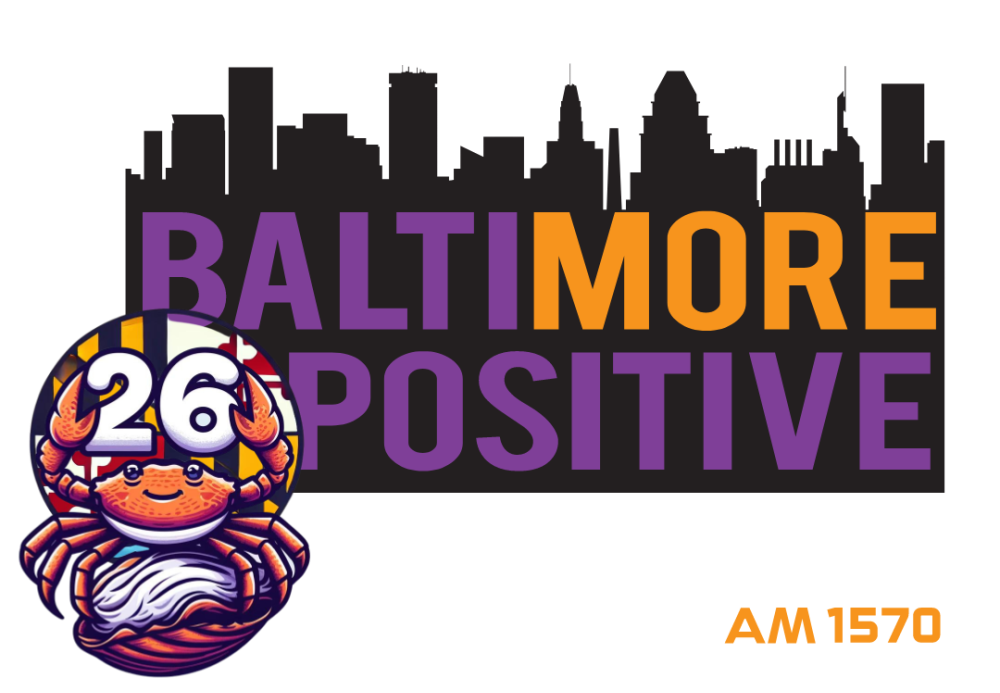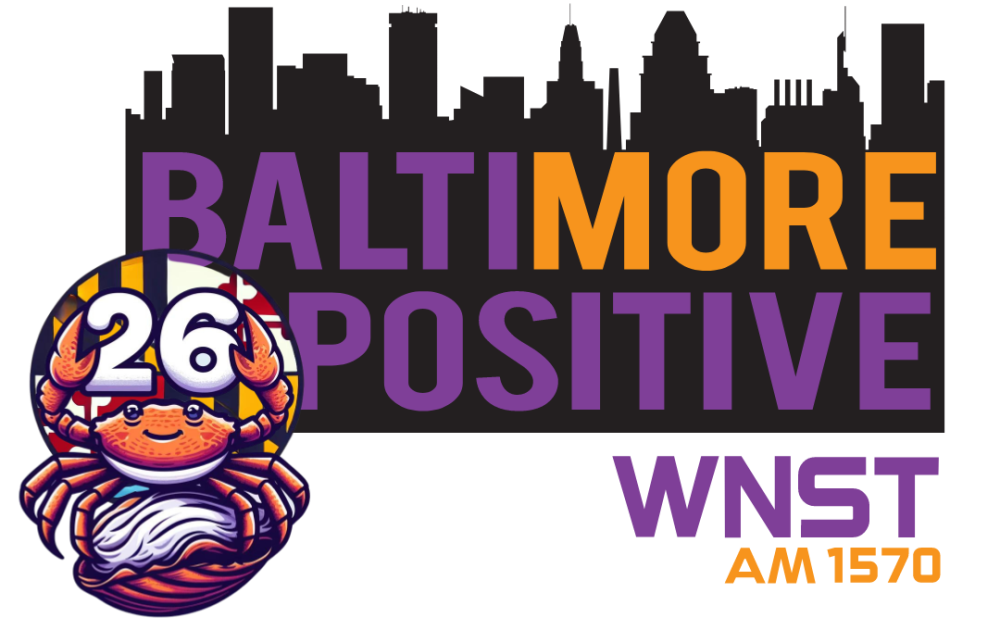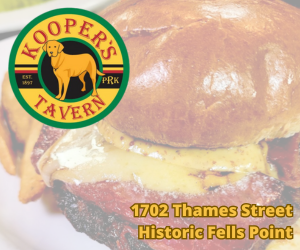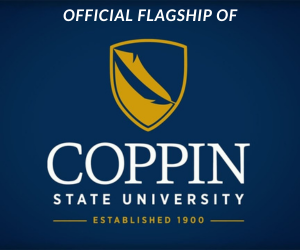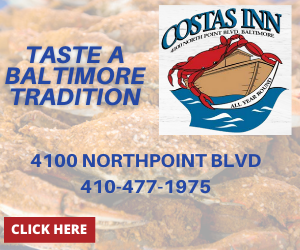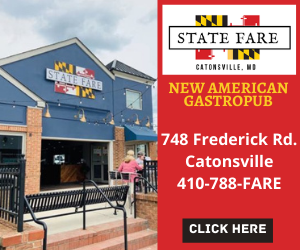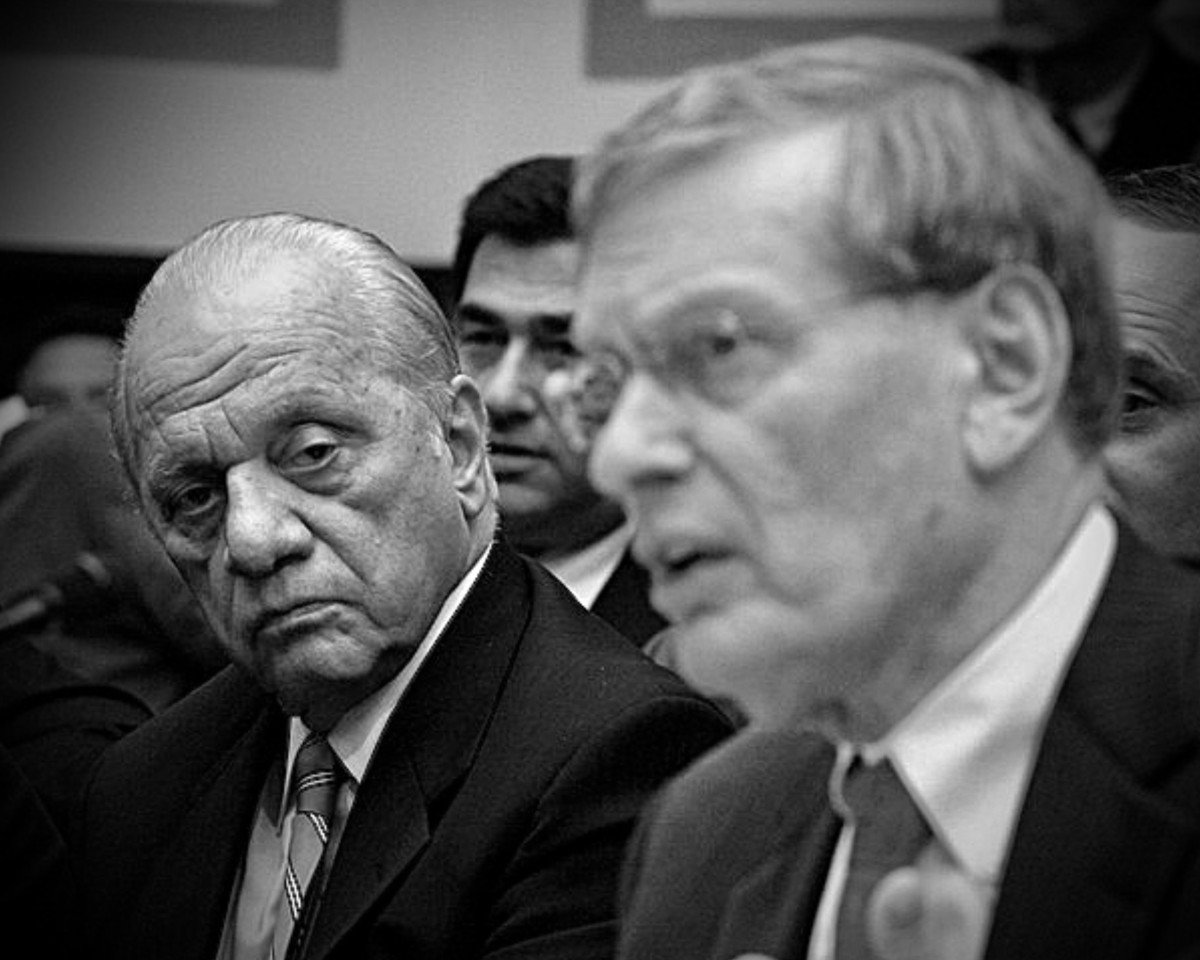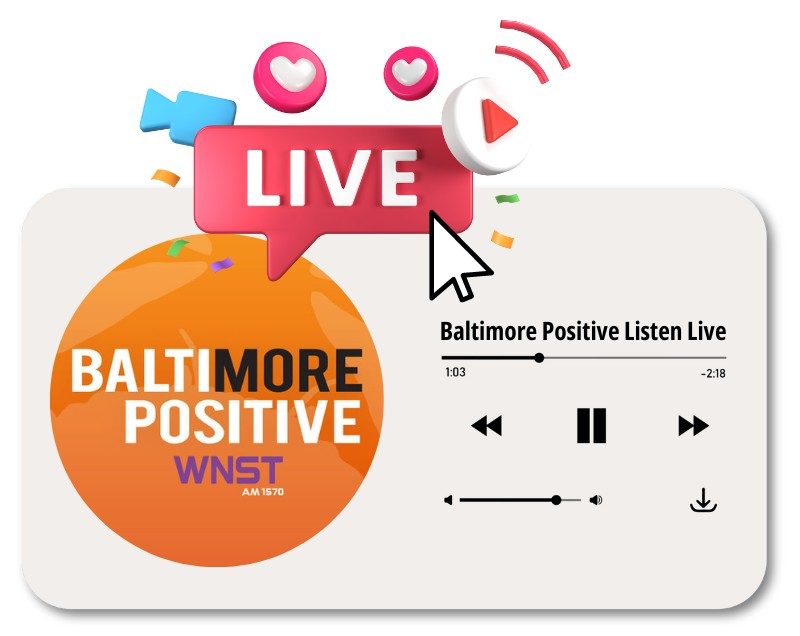Chapter 12: The Washington Nationals were the greatest thing to ever happen to Peter G. Angelos
“We’re going to be watching very carefully to see what’s going to happen with some of the efforts to put a baseball franchise in Washington or in Northern Virginia. And I’m gonna tell ya straight up: we don’t think there should be a baseball franchise in Northern Virginia or in Washington. Because you would have a repetition of what you have in Oakland and San Francisco. In Oakland and San Francisco you have the same kind of population mix that you have between Baltimore and Washington. And those two teams kill each other off. Both of those teams drew, last year, less than two million fans. Together, they drew 3 million fans. But because they’re so close to each other and they’re both part of one metropolitan area – mega metropolitan area – they are literally killing themselves at the gate. We have argued, I think to this point, successfully, that there should not be another Major League Baseball franchise 30 to 40 miles away from Baltimore. It isn’t that we would deny the people that live in those areas the recreational pursuit of baseball. We think baseball is a great game for everybody. But when we look at the experience of Boston, Philadelphia, Oakland, San Francisco – Boston and Philadelphia and St. Louis had two ballclubs. The history of baseball dictates that you can’t put two teams that close together. We are opposing that. We think Orioles baseball is plenty good enough for us as well as the people in the Washington suburbs and we thank them for that support and we want to retain that support.”
Peter G. Angelos
The Barn, March 1997
WITH THE BIG MONEY SPLURGE OVER the winter, Peter G. Angelos believed he’d solved most of his 2004 problems on the field with the Orioles. But, truly, the team on the field or how it performed in the spring was the least of his big-picture problems with the franchise. Angelos was far more focused on its future viability in Baltimore if his Major League Baseball partners were going to acquiesce to mounting civic pressure from Washington, D.C. and move the fledgling, all-but-homeless Montreal Expos to the capital of the free world to openly compete in a marketplace that had solely been the territory of the Orioles since the early 1970s.
Once again, a decade into his ownership of the Orioles, Angelos found himself knee-deep into circumstances that went far beyond the boundaries of the normal business of simply running a baseball team and trying to win and turn a profit. For the first time in modern baseball history – the last team that moved was the Washington Senators to the Dallas-Fort Worth area in 1972 – a MLB team was going to being uprooted and potentially moved directly into the territory of an existing franchise.
While he picked many of battles over years with political figures, media members, Orioles players, agents, partners, insurance companies and big businesses, this was certainly a battle that found Angelos. He was a natural fighter. But this was not a fight he ever wanted.
When Camden Yards was flooded with fans in his early days he always maintained that there was no way two teams could survive and thrive in the Baltimore-Washington corridor. He was always adamant – if not even enthusiastic and animated – in his protests of anything related to Washington having a Major League Baseball team.
Washington baseball was his worst nightmare.
And he saw the clouds were forming very clearly heading into 2004.
Angelos saw where this might be going, and despite his work on an amicable relationship and pro bono efforts during the 2002 labor negotiations on behalf of Major League Basbeall, he still truly believed that commissioner Bug Selig would never cross him and his daily struggle to keep another MLB team out of the nation’s capital. He called Selig “a friend” at one point and indicated his staunch belief that Washington baseball would never happen.
“Washington has a baseball team,” Angelos would say. “They’re called the Orioles.”
You can hear him discuss this topic at length here from March 1997:
If anything had been proven over the years it was that Peter G. Angelos loved a good fight. He was now more than $150 million upside down in his ownership of the Orioles – reports would say at this time that the team was worth $325 million, which would’ve more than cleared up his losses. But, having lost money every year for 10 years and reaching into his personal vast fortune annually to financially support the team was an unnerving reality. But, given his reputation and track record, it was his own doing by chasing away large chunks of revenue streams with a myriad of poor decisions and poor civic form.
Now, as a mostly unpopular figure through both cities’ baseball fan bases, he was bunkering …
